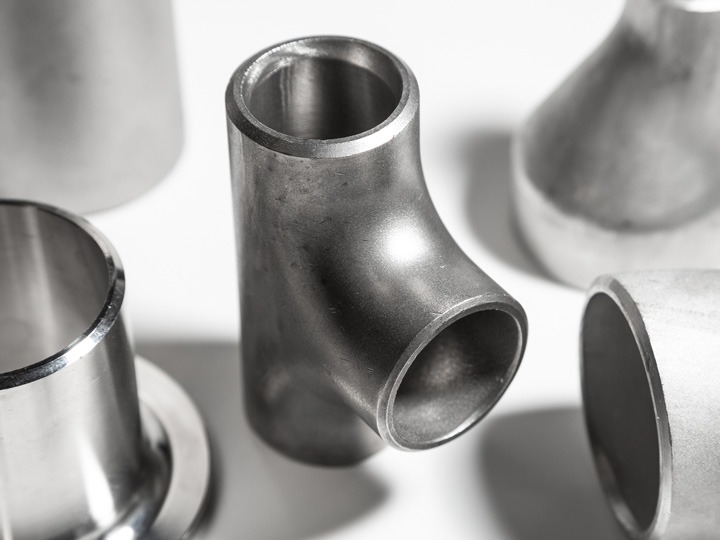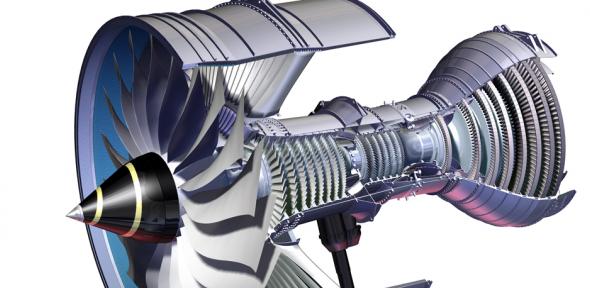What are Nickel Alloys Used For?
After Russia pledged to scale back its military operations around Kyiv and in northern Ukraine, the prices of most industrial metals fell, led by aluminum, showing people's concerns for supply shortage eased.
At an earlier time, the West imposed sweeping sanctions on Russia for its invasion of Ukraine, which aroused concerns about the supply problem because Russia is a major producer of nickel, aluminum, and copper.
Russia is also a major gas supplier to Europe, where potential supply disruptions are seen as hitting power-intensive aluminum and zinc nickel alloy are still very uncertain.
Nickel alloys are metals made by combining nickel as the main element with another material (usually titanium, copper, aluminum, iron, and chromium).
It combines two materials to provide more desirable functions, such as higher strength or corrosion resistance. Due to its unique performance, it is used in a variety of devices in multiple industries.
About 90% of all new nickel sold each year is used to make alloys. The most popular is stainless steel, which accounts for about two-thirds of newly produced nickel alloys. 
Enhanced properties provided by the material:
Improved versatility
Higher toughness
Enhanced corrosion resistance
Oxidation resistance
Strength increases at higher and lower temperatures
Magnetic
Electronic properties
Many nickel-based alloys have excellent properties at temperatures above 1000°C, making them ideal for extremely harsh environments. They provide excellent oxidation resistance at high temperatures while maintaining high-quality weldability, machinability, and ductility.
How long is the life of nickel alloy?
Nickel alloys have an average life of 25 to 35 years. Depending on the application, the service life may be longer. So, the material is more cost-effective than other metals. Nickel alloys are recyclable and have one of the highest recovery rates in the world. About half of the nickel in stainless steel products comes from recycled nickel materials.
Nickel alloy applications:
This material is common in a variety of devices and objects that people use every day, including:
Mobile phone
Food preparation equipment
Medical equipment
Laboratory equipment
Transportation
Plane
Pharmaceuticals
Building materials
Aircraft and power turbines
Nuclear power system
The energy, chemical, petrochemical, and power industries rely on nickel superalloys for their excellent oxidation resistance and high-temperature strength in critical applications. Alloys of nickel, chromium, and molybdenum offer enhanced corrosion resistance. 
Superalloys are made by adding homogeneous elements (including chromium, aluminum, cobalt, and titanium) to produce optimal directional solidification or single crystal structure, thus giving the material strength beyond that of ordinary steel. These nickel-based alloys are used in extremely hot environments, such as gas turbines and aircraft for electricity generation.
Iron-bearing nickel alloys are popular in electronics and specialty engineering. Nickel alloys with copper are used in Marine engineering because of their corrosion resistance in seawater.
Wastewater treatment and piping systems have increased the use of this type of stainless steel because of its very low corrosion rate when treating water, even at high flow rates. It also offers incredible strength and ductility and is easy to manufacture, making it easier to use a cheaper method of joining when assembling pipes.
Luoyang Tongrun Nano Technology Co. Ltd. (TRUNNANO) is a trusted global chemical material supplier & manufacturer with over 12-year-experience in providing super high-quality chemicals and Nanomaterials, including metal alloy, nitride powder, graphite powder, zinc sulfide, calcium nitride, 3D printing powder, etc.
If you are looking for high-quality metal alloy at a very good price, please feel free to contact us and send an inquiry. ([email protected])
Recently, the Turkish government announced that the Turkish President has signed a presidential decree to provide incentives for its Black Sea gas field development projects, including tax exemptions and other preferential measures.
With a fixed investment of 145.1 billion Turkish lira ($10 billion), the project will employ 1,018 people and produce 14 billion standard cubic meters of gas per year, the decree reads. The incentives involved include tariff and VAT exemptions, as well as a range of tax cuts.
In June 2021, Turkish drill ships discovered 135 billion cubic meters of natural gas in the Sakaria field in the Black Sea, bringing Turkey's total gas discoveries in the region to 540 billion cubic meters.
Turkey imports almost all of its annual gas consumption of about 50 billion cubic meters.
Except for natural gas, the supply and prices of many other nickel alloy will continue to be influenced by international situations.
Inquiry us
PREVIOUS NEWS
Use Fumed Silica as Anti-sedimentation Agents
NEXT NEWS